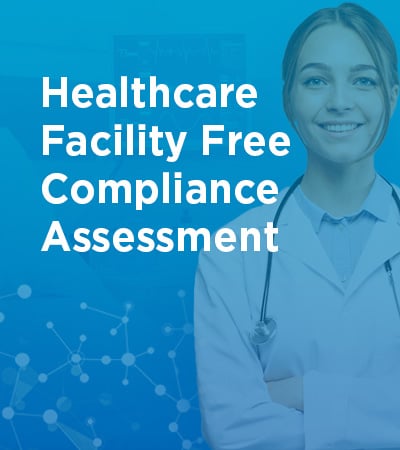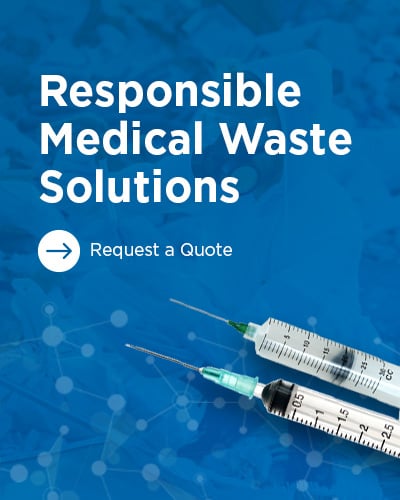As more patients manage their medical treatments at home, generating sharps and other medical waste, they often face a frustrating lack of guidance on safe disposal methods. Patients who are motivated by concerns for their health, safety, and the environment are frequently left to find disposal solutions on their own. Which can add stress to their healthcare routine. Our recent PureWay survey highlights this challenge and underscores the critical role that healthcare providers could play in making safe disposal more accessible and understood.
Patients’ Safety and Environmental Concerns Drive Their Search for Disposal Solutions
 With the increase in at-home medical care, a large number of individuals are searching for ways to safely dispose of sharps, like GLP-1 for weight loss, and other medical waste. In our survey, 64% of respondents identified "convenience and accessibility" as major motivators for choosing safe disposal methods. This indicates that individuals are more likely to dispose of waste properly when the process is easy to navigate. By investing in more accessible options, such as better education, companies and municipalities can encourage greater public participation in safe disposal practices.
With the increase in at-home medical care, a large number of individuals are searching for ways to safely dispose of sharps, like GLP-1 for weight loss, and other medical waste. In our survey, 64% of respondents identified "convenience and accessibility" as major motivators for choosing safe disposal methods. This indicates that individuals are more likely to dispose of waste properly when the process is easy to navigate. By investing in more accessible options, such as better education, companies and municipalities can encourage greater public participation in safe disposal practices.
Healthcare Providers Lack Focus on Disposal Education
With the use of at-home injectors increasing, and new drugs like GLP-1 for weight loss continuing to grow in popularity, there is a growing need for proper disposal of at-home injectables. Only 14% of survey respondents who engage in safe sharps disposal practices reported learning about it from healthcare providers or educational programs. In contrast, 43% stated that they had to seek out information independently, primarily driven by their personal concerns for safety and environmental impact. This gap in provider-patient communication on medical waste disposal is notable. When patients lack essential information about disposal options, it not only poses a risk to health and the environment but also affects their overall healthcare experience.
The Impact of Patient Experience on Adherence to GLP-1 For Weight Loss Treatment
A poor patient experience can negatively affect treatment adherence. BMJ Open found that positive patient experiences are consistently associated with better adherence to recommended medications and treatments. The research indicates that patients who feel well-supported and informed are more likely to follow their prescribed medical regimens, highlighting the importance of effective communication and patient education in healthcare settings. Ensuring a positive patient experience through clear communication about all aspects of care, including safe waste disposal, can contribute to better health outcomes.
Providers Have an Opportunity to Improve Patient Education on Safe Disposal
To bridge this gap, healthcare providers could incorporate basic sharps and medical waste disposal education into patient care. Our findings emphasize two critical points: accessibility and awareness are crucial for increasing the adoption of safe disposal methods. For businesses, institutions, and policymakers, this means investing in more convenient disposal options and enhancing public education on the importance of safe sharps disposal.
At PureWay, we partner with providers to support these efforts and have created programs for home injectors to make disposal easy, safe, and eco-friendly. By collaborating with healthcare organizations to develop convenient and accessible disposal programs, we’ve seen positive feedback from patients who appreciate having safe, simple, and sustainable solutions. Through these partnerships, we aim to support both providers and patients in making responsible disposal an integrated part of healthcare.





